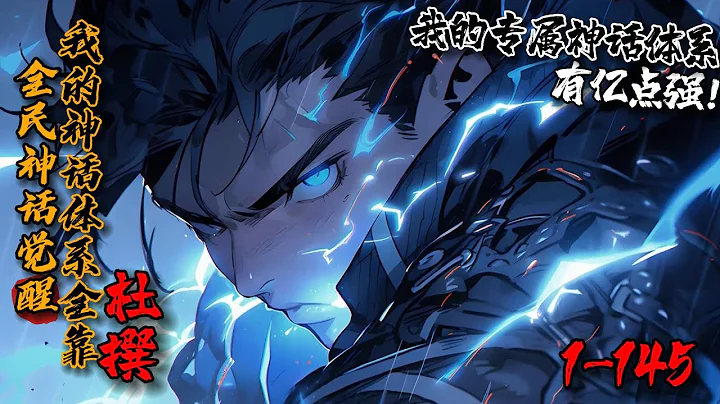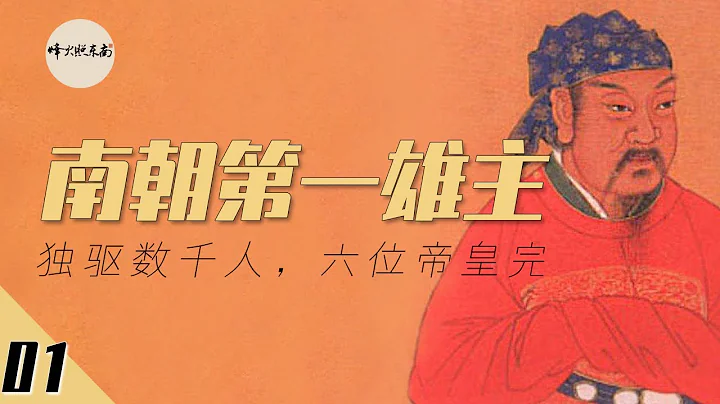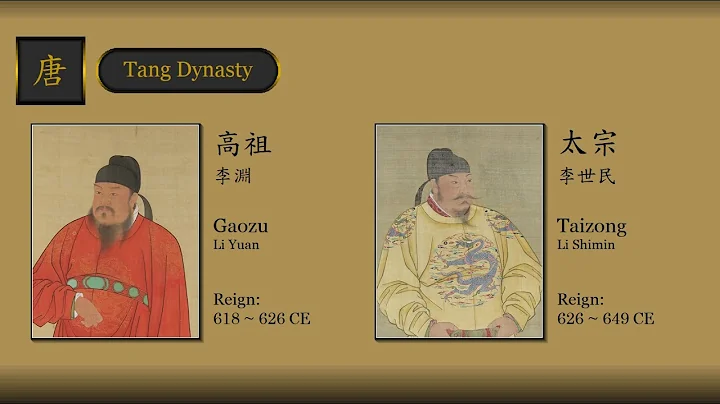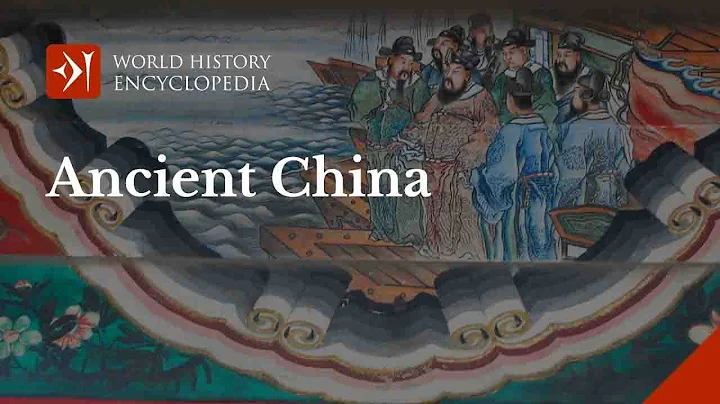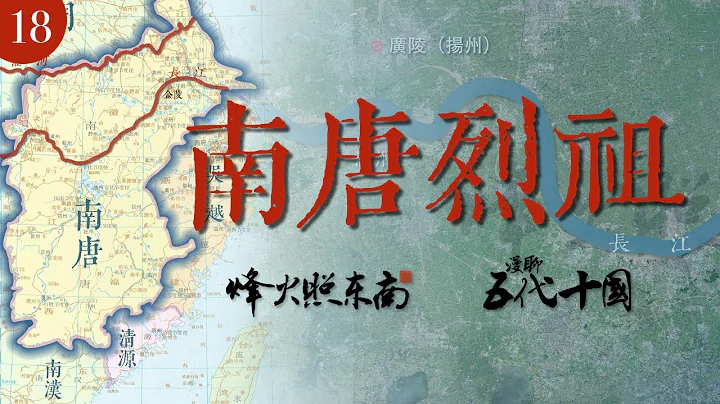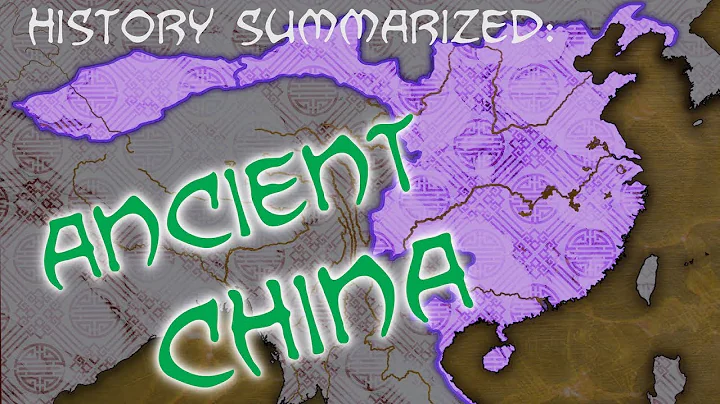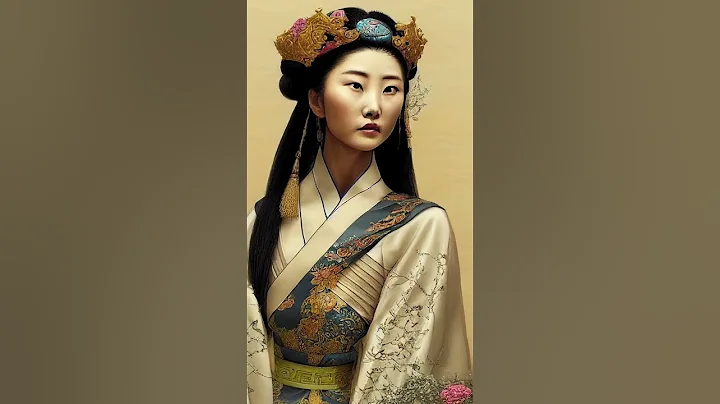In ancient my country, the emperor was generally called by his temple name and posthumous title. Before the Tang Dynasty it was customary to call the emperor by his posthumous title, such as Emperor Wen of Han , Emperor Jing of Han , Emperor Wu of Han , Emperor Xuan of Han, Emperor Wen of Sui , Sui Yang Emperor ; After the Tang Dynasty, it was generally customary to call the emperor by his temple name, such as Tang Taizong , Tang Xuanzong , Song Zhenzong , Song Renzong , Ming Renzong, Ming Xuanzong and so on. I have talked about Taizong, Sejong, Gaozong, Zhongzong, Xuanzong and other temple names before. Today this article will focus on the three emperors Dezong in history.

The third place: Qing Dezong Qing Dezong Aixinjueluo Zaitian
Qing Dezong Aixinjueluo Zaitian is the famous Guangxu Emperor in history, the eleventh emperor of the Qing Dynasty , Ding The ninth emperor after his capital was in Beijing, his reign lasted for thirty-four years. "Guangxu" was his reign name. Aixinjueluo Zaitan was established as emperor by the empress dowagers of the two palaces in January 1875. At first, the empress dowagers of Ci'an and Cixi had to listen behind the curtain. A few years later, in 1881 AD, which was the seventh year of Guangxu's reign, due to the death of Empress Dowager Ci'an , the original situation of the two queen mothers listening to politics behind the curtain was broken, and a new situation was formed where Empress Dowager Cixi listened to politics behind the curtain alone. In 1889 AD, which was the fifteenth year of Guangxu, Emperor Guangxu officially came into power. After that, the Qing Dezong Aixinjueluo Zaitian became the nominal emperor of the Qing Dynasty. The actual power was in the hands of the Empress Dowager Cixi, who became the actual ruler of the Qing Dynasty. .

During the Sino-Japanese War, Guangxu, as a representative of the main war faction, strongly advocated a tough attitude towards Japan and resolute counterattack. However, due to the corruption and incompetence of the Qing Dynasty, the war ended with China's defeat and Japan's victory. . After the defeat of the Sino-Japanese War, Emperor Guangxu learned from the pain, so he decided to support the reformists represented by Kang Youwei and Liang Qichao to carry out reforms and strengthen themselves, in order to change the passive situation of the Qing Dynasty being lagging behind and being beaten. However, because the reform touched and damaged the interests of the vested interest groups of the United States, it was resolutely opposed and obstructed by the die-hards headed by the Empress Dowager Cixi, and ultimately ended in failure. This is the famous "1898 Reform" in history. This reform supported by Emperor Guangxu, Dezong of the Qing Dynasty, not only failed to change the backwardness of the Qing Dynasty, but also caused Emperor Guangxu himself to be imprisoned. Emperor Guangxu was an emperor in the Qing Dynasty who really wanted to make a difference, but unfortunately he had more than enough ambition but not enough power. He wanted to kill thieves but was unable to save his life.

The second place: Dezong of Liao Yelu Dashi
Yelu Dashi was the founding emperor of Western Liao , Taizu of Liao Yelu Abaoji eighth generation grandson. Yelv Dashi was bilingual in Khitan and Chinese, and was very good at riding and shooting. In  115 AD, which was the fifth year of Tianqing's fifth year, he passed the Jinshi examination. He first served in the court, and later was promoted to the military governor of Liao Xingjun. In 1132 AD, which was the first year of Yanqing, Yelu Dashi proclaimed himself emperor in Ye Mi, known as "Ju'er Khan", and his Han name was "God Bless the Emperor". Later, he led his army to continue marching westward and moved the capital to Balashagon. In 1141 AD, which was the eighth year of Kang State, he led his army to defeat more than 100,000 people of the Seljuk Empire and the coalition forces of Central Asian countries in the Battle of Katwan , forcing the Seljuq forces to withdraw from the river. , thus establishing the rule of Xiliao in Central Asia.
115 AD, which was the fifth year of Tianqing's fifth year, he passed the Jinshi examination. He first served in the court, and later was promoted to the military governor of Liao Xingjun. In 1132 AD, which was the first year of Yanqing, Yelu Dashi proclaimed himself emperor in Ye Mi, known as "Ju'er Khan", and his Han name was "God Bless the Emperor". Later, he led his army to continue marching westward and moved the capital to Balashagon. In 1141 AD, which was the eighth year of Kang State, he led his army to defeat more than 100,000 people of the Seljuk Empire and the coalition forces of Central Asian countries in the Battle of Katwan , forcing the Seljuq forces to withdraw from the river. , thus establishing the rule of Xiliao in Central Asia.

In 1143 AD, which was the tenth year of Kangguo, Yelu Dashi died at the age of fifty-seven. Yelu Dashi led his troops to the west in the face of difficulties and obstacles, and founded a vast multi-ethnic dynasty in Central Asia. He carefully summarized the experience and lessons of the rise and fall of the Liao Dynasty and the chaos, combined with the actual situation of the occupied areas, created the basic system of the Western Liao country, promoted the social development and ethnic integration of Central Asia, and was known as "the most outstanding historical figure of the Chinese nation" "one. Although Xiliao is not a unified dynasty, the contribution of Yelv Dashi is still worthy of the temple name of Dezong.

No. 1: Tang Dezong Li Shi
Tang Dezong Li Shi, Tang Daizong Li Yu eldest son, the tenth emperor of the Tang Dynasty. Li Shi was appointed crown prince in 764 AD, which was the second year of Guangde . Fifteen years later, in 779 AD, which was the 14th year of Dali , he ascended the throne and proclaimed himself emperor. Tang Dezong Li Shi, like his great-grandfather Tang Xuanzong Li Longji, was a monarch who was both overt and secret. In the early days of Li Shi's rule, he used to strengthen his authority and appoint himself as his own. He insisted on trusting all civil and military officials, strictly prohibited eunuchs from intervening in politics, and appointed Yang Yan. was the prime minister, the was abolished and the was replaced by the " Two Taxes ", which was quite a renaissance. At this time, Dezong was still a wise king, and he was worthy of the temple name Dezong. However, thirty years in Hedong and thirty years in Hexi, the only constant thing in the world is change, and the same is true for Tang Dezong and Li Shi. After that, he began to act arrogantly, appointing Xingchen , Lu Qi , etc., and increasing taxes on , tea, and other miscellaneous taxes across the country, which caused public dissatisfaction. The people's dissatisfaction increased day by day, and the political situation worsened.

Li Shi was also suspicious of ministers. Personnel changes occurred frequently in the court, especially the frequent replacement of prime ministers, which showed his incomplete trust in senior officials. The personnel disputes made Li Shi only have great ambitions, but he could not realize the goal of saving and rejuvenating the country. After Li Shi suffered the setback of reducing the vassal, especially due to the " Fengtian Disaster ", he changed from tough force to appeasement of the vassal town. Li Shi's change in attitude towards the feudal towns made the good situation and good opportunities to solve the problems of the feudal towns since he came to the throne fleeting. The separatist rule of feudal towns was tyrannical, and it became difficult to return. Li Shi's change in his attitude towards eunuchs enabled the eunuchs to change their minds from serving the punishment to the utterance of the Constitution, and became an important force in Li Shi's future political center. During the Jianzhong period, Li Shi believed in the treacherous prime minister Lu Qi , which not only caused Yan Zhenqing and other loyal ministers to suffer, but also aggravated the turmoil during the Jianzhong period. During the Zhenyuan period, he appointed the treacherous minister Pei Yanling to be in charge of finance. He did not care about the poverty and life and death of the people, and wantonly amassed property, which aggravated the social conflicts in the Tang Dynasty. These practices of Tang Dezong and Li Shi not only discredited him, but also paved the way for the decline and demise of the Tang Dynasty.

The above content is purely Mei Mei’s personal views and opinions. If it is inconsistent with your thoughts, please refer to your own opinions. Mei Mei welcomes all friends to leave comments and share your views and opinions. If you like this article, please like, follow, collect and forward it. Your support and encouragement will always be the inexhaustible motivation for Mei Mei to persist in her creation! This article was originally written by Mei Mei Shuo History. Welcome to pay attention and help you learn more together!
![[MULTI SUB] 《女将军娶个乞丐当王妃》红豆生南国,春来发几枝(高清全集)重磅推荐#短剧 #热门短剧 #短剧推荐 #大陆短剧 #爱情 #都市 #霸总#神豪 #shorts - DayDayNews](https://i.ytimg.com/vi/-0X550S06kM/hqdefault.jpg?sqp=-oaymwEcCOADEI4CSFXyq4qpAw4IARUAAIhCGAFwAcABBg==&rs=AOn4CLAL3wd6TA-S5xlS_ct6UG5sE6CVeg)
![[MULTI SUB] 《女将军娶个乞丐当王妃》红豆生南国,春来发几枝(高清全集)重磅推荐#短剧 #热门短剧 #短剧推荐 #大陆短剧 #爱情 #都市 #霸总#神豪 #shorts - DayDayNews](https://cdn-dd.daydaynews.cc/img/play.svg)
